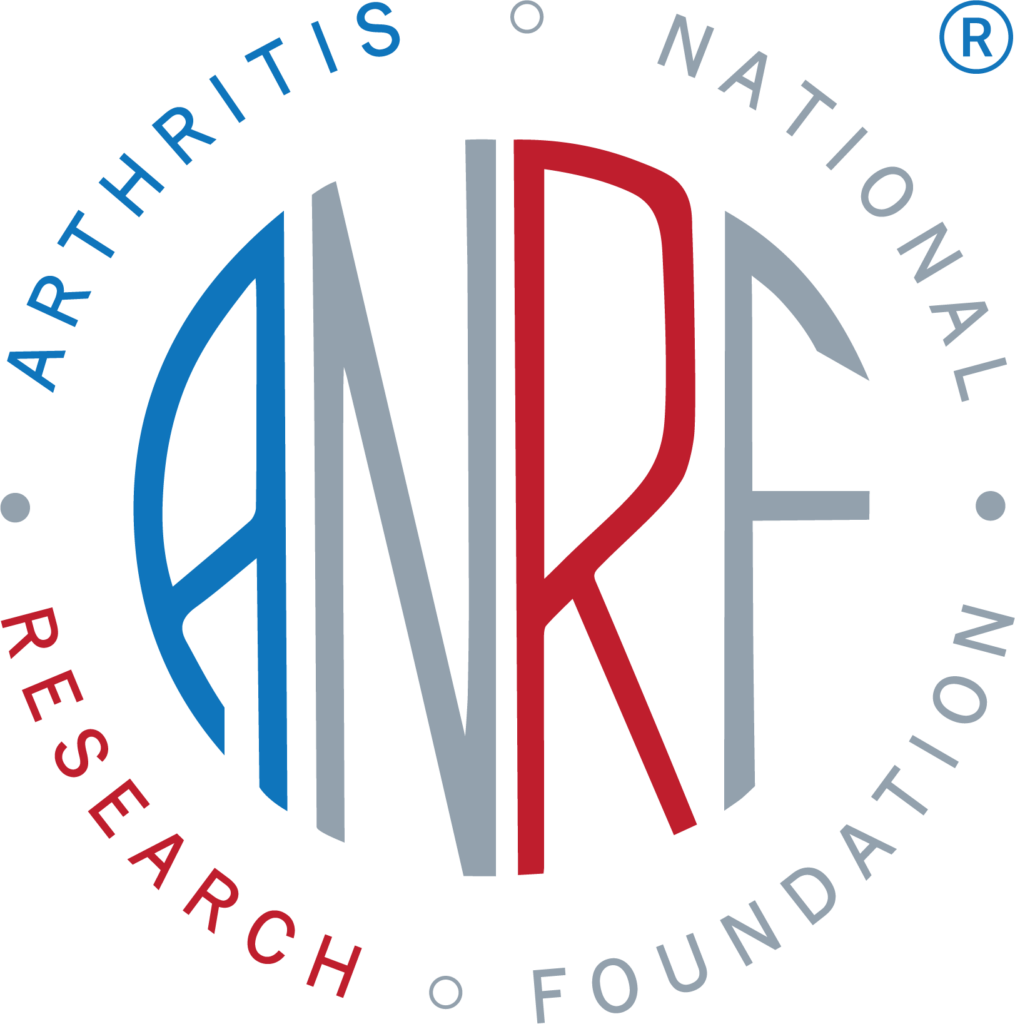 Dr. Hu Zeng started his academic journey as a biochemist before studying genetics as part of his graduate program. Dr Zeng has spent time researching in laboratories in China and Japan as well as St. Jude Children’s Research Hospital in Memphis. In 2017 he joined the Division of Rheumatology at Mayo Clinic to research the immunological basis of rheumatic diseases in his own laboratory.
Dr. Hu Zeng started his academic journey as a biochemist before studying genetics as part of his graduate program. Dr Zeng has spent time researching in laboratories in China and Japan as well as St. Jude Children’s Research Hospital in Memphis. In 2017 he joined the Division of Rheumatology at Mayo Clinic to research the immunological basis of rheumatic diseases in his own laboratory.
A histology of autoimmunity, ranging from mild to severe, in his own family drew Dr Zeng to this area of research. Growing up in an impoverished city he saw first-hand that the overburdened medical facilities struggled to diagnose and treat autoimmune conditions, in desperation residents turned to a variety of “magic treatments” offered by unqualified individuals. “I was fascinated with autoimmune diseases and motivated to reveal its secrets and vulnerabilities.” As a researcher Dr Zeng is trying to improve the way in which these conditions are diagnosed and treated and has made huge inroads into achieving these objectives.
Lymphocytes, mainly composed of T cells and B cells, are major blood cells that find and destroy invading pathogens as well as cancer cells. Overly exuberate lymphocytes can attack self-tissues and lead to autoimmune diseases. Cellular metabolism is a key mechanism to control lymphocyte development and activity. Dr. Zeng’s lab is investigating how lymphocyte function is controlled by various metabolic processes in the context of normal development and autoimmune diseases.
Previous research conducted in his laboratory identified tentative similarities between induced inflammatory arthritis immune related adverse events (IA-irAE) and seronegative rheumatoid arthritis (RA), suggesting a potential link or shared etiology between these two-disease entities. Preliminary data suggests that T cells from IA-irAE patients exhibit reduced T cell exhaustion, but increased senescence (premature aging).
As an ANRF scholar Dr Zeng hopes to establish such an imbalance between T cell exhaustion and senescence as a shared immunological mechanism between IA-irAE and seronegative RA. “T cell exhaustion and senescence are recently developed concepts that describe how abnormal changes of T cell physiology can contribute to development of various diseases, including cancer, infectious diseases and autoimmunity. There are numerous medicines either in the development pipeline or in ongoing clinical trials targeting these two T cell phenotypes. Thus, it is perceivable that my research may one day inspire new treatment options for IA-irAE and seronegative RA.”





